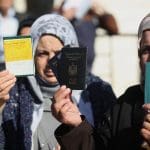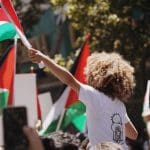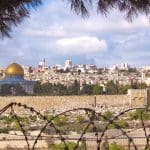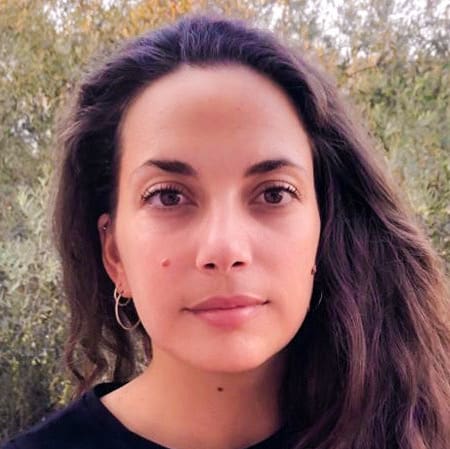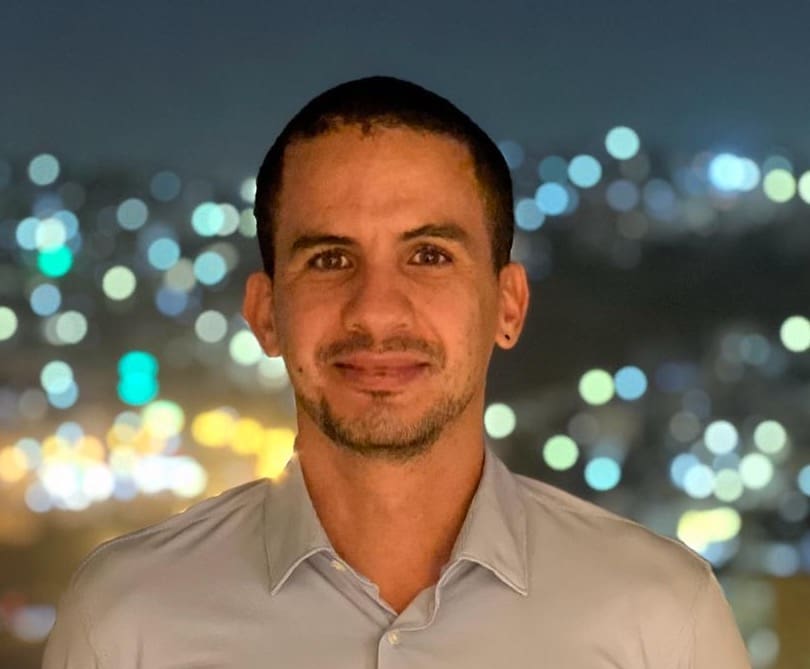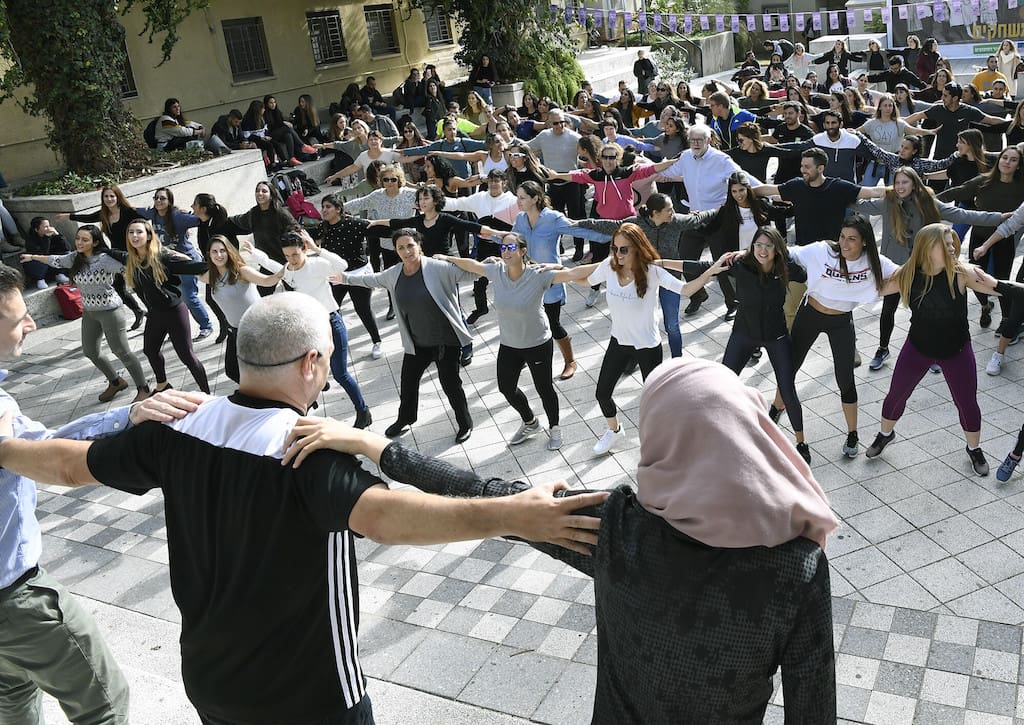
The frameworks of peace-building in Palestine and Ireland are profoundly problematic in the context of continued colonization. Over the last few years, western donors and policymakers have been reviving peace-building in Palestine through people-to-people projects. Using the Irish peace process as a model, they argue that dialogue between two sides is the only way forward, obscuring the power asymmetries between Palestinians and Israelis. Why are these initiatives being revived? How and why is the notion of “embedded peace” in Northern Ireland being exported to Palestine?
Al-Shabaka’s Commissioning Editor, Nadim Bawalsa hosted a conversation with Senior Analyst, Yara Hawari, and Assistant Professor of Conflict Resolution at Trinity College, Dublin, Brendan Ciaran Browne, to investigate these questions and more.
Yara Hawari is Al-Shabaka’s co-director. She previously served as the Palestine policy fellow and senior analyst. Yara completed her PhD in Middle East Politics at the University of Exeter, where she taught various undergraduate courses and continues to be an honorary research fellow. In addition to her academic work, which focused on indigenous studies and oral history, she is a frequent political commentator writing for various media outlets including The Guardian, Foreign Policy, and Al Jazeera English.
Nadim Bawalsa is Associate Editor with the Journal of Palestine Studies. From 2020-2023, Nadim served as Al-Shabaka’s commissioning editor. He is a historian of modern Palestine, and author of Transnational Palestine: Migration and the Right of Return before 1948 (Stanford University Press, 2022). His other work has appeared in the Jerusalem Quarterly, the Journal of Palestine Studies, NACLA Report on the Americas, and as well as in edited volumes. He earned a joint doctorate in History and Middle Eastern & Islamic Studies from New York University in 2017, and a Master’s in Arab Studies from Georgetown University’s Center for Contemporary Arab Studies in 2010. In 2019-2020, he was awarded a PARC-NEH fellowship in Palestine.











